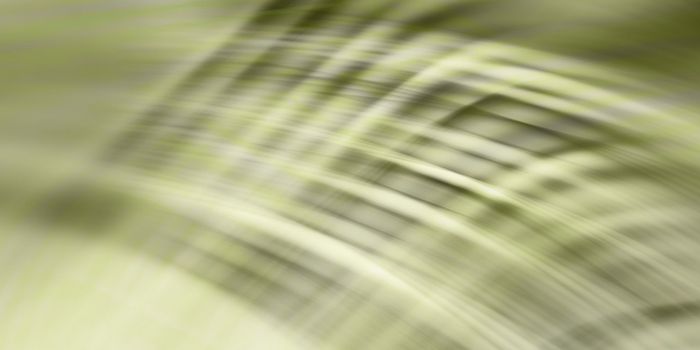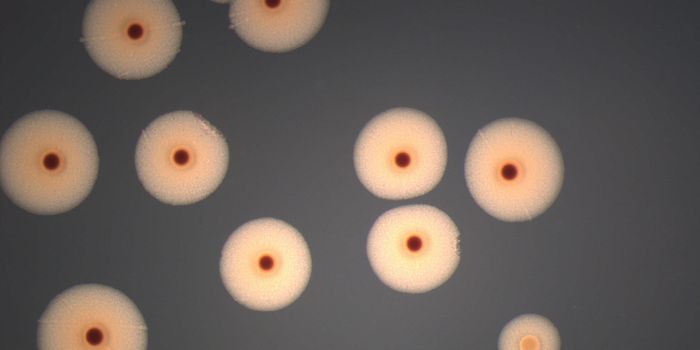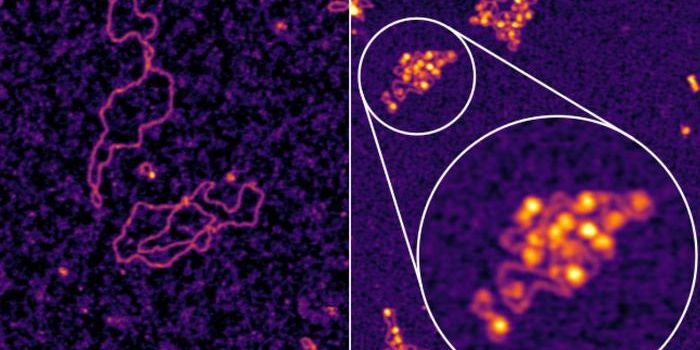Acne is a common problem that about 75 percent of people are thought to experience at some point in their lives. Many factors can influence acne development, including environmental conditions, genes, and bacteria. Scientists have now created a vaccine for acne that reduced inflammation in a mouse model. The vaccine targets an enzyme variant that is generated by a microbe that's been associated with acne. However, this vaccine has no impact on other versions of the enzyme. While more testing will be needed, this approach could be used to reduce acne severity, and could be much safer than current treatments. The findings have been reported in Nature Communications.
"We're working to develop a therapy that's much more tailored toward exactly what we know causes acne, rather than just generically blocking inflammation," said George Y. Liu, MD, PhD, professor and chief of the Division of Pediatric Infectious Diseases at University of California San Diego (UCSD) School of Medicine. "We hope that by understanding how bacteria induce acne, we can come up with a single or combination vaccine that would take care of acne much more effectively than we can right now."
Cutibacterium acnes (C. acnes) microbes are commonly found on basically everyone's skin, but they only seem to cause acne in certain people. Scientists determined that C. acnes can produce variants of an enzyme called hyaluronidase, one of which is called HylA while another is called HylB. HylA is only made by C. acnes microbes that are linked to acne, while HylB is found on unaffected skin.
Researchers have shown that HylA increases inflammation, which worsens acne. HylB, on the other hand, reduces inflammation and boosts skin health. Genetically modified C acnes that do not produce any hyaluronidase were shown to be non-inflammatory.
Further work indicated that these enzymes break down a molecule found in skin, called hyaluronic acid in different ways. HylB degrades hyaluronic acid to generate small bits that do not trigger inflammation while larger pieces are formed by HylA, leading to inflammation.
The investigators also searched for ways to neutralize HylA and its effects. A vaccine and inhibitor were developed, both of which were shown to reduce inflammation.
This work is preliminary, as the team works to improve the HylA vaccines and inhibitors. But it could offer a totally new way to successfully reduce the frequency of acne outbreaks.
"Our anti-acne directed approach has the potential to revolutionize acne therapies by offering more targeted treatments," said first study author Irshad Hajam, PhD, a postdoctoral fellow in the Liu Lab. "What is truly remarkable about this work is we can now have more directed and effective anti-acne therapies while preserving the healthy skin microbiome, and that is a significant advancement in acne therapy."
Sources: UCSD, Nature Communications









